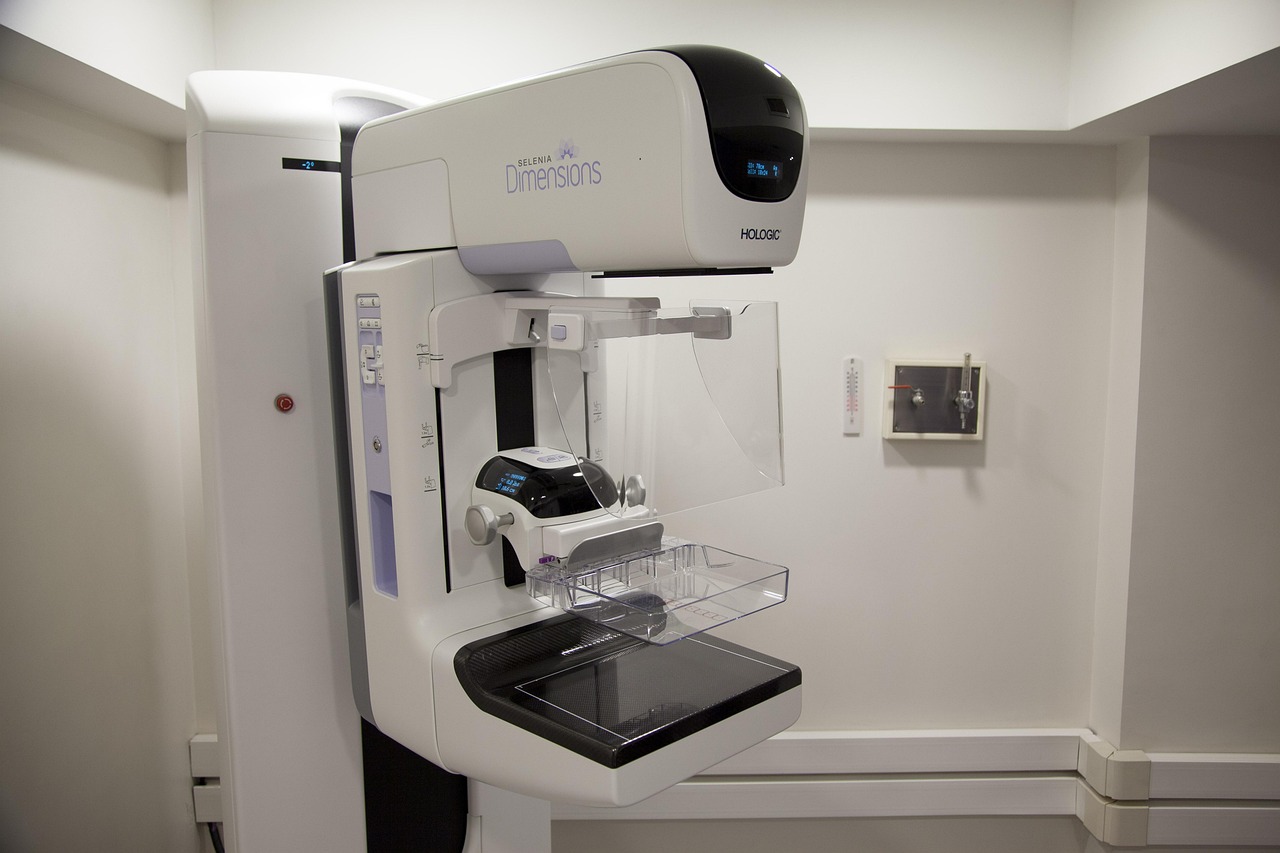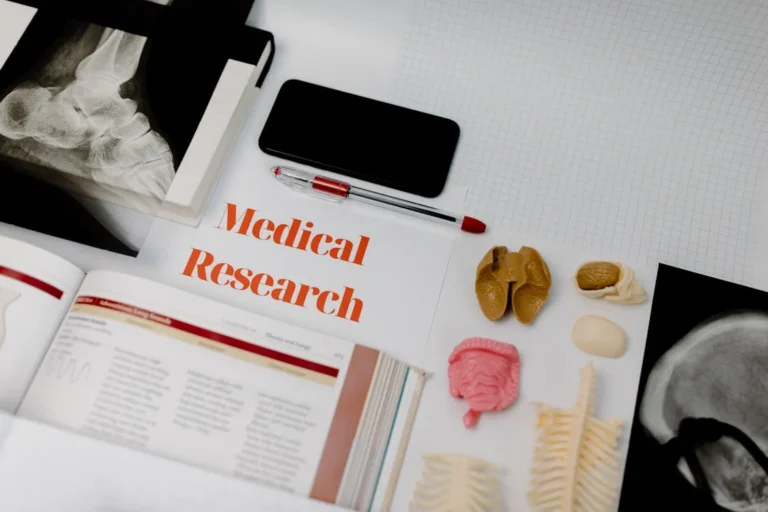Book Appointment Now

The Evolution of Nursing: From Florence Nightingale to Modern Practice
The Evolution of Nursing has transformed the profession from an informal caregiving role to a highly skilled and essential part of healthcare. This transformation can be traced back to Florence Nightingale, whose pioneering work laid the foundation for modern nursing. Over the years, advancements in education, technology, and specialization have shaped nursing into a dynamic and research-driven field. Today, nurses play a crucial role in patient care, public health, and medical innovation. This essay explores the historical progression of nursing, highlighting key developments, challenges, and the modern role of nurses in healthcare.
Our nursing experts can deliver 100% custom paper about evolution of nursing according to your order instructions.
Write my nursing essay
The Contributions of Florence Nightingale
Florence Nightingale (1820–1910) is widely regarded as the founder of modern nursing. Her work during the Crimean War (1853–1856) exposed the poor conditions in military hospitals, leading her to advocate for better sanitation and organization (Dossey, 2010). Nightingale’s emphasis on hygiene, proper ventilation, and patient-centered care significantly reduced mortality rates. Her book, Notes on Nursing: What It Is and What It Is Not (1860), remains a cornerstone of nursing education.
One of her greatest contributions was establishing the Nightingale Training School for Nurses in London in 1860. This school set the precedent for structured nurse training, focusing on discipline, technical skills, and ethical practice (McDonald, 2017). Her influence spread globally, shaping nursing education and healthcare policies in countries such as the United States, Canada, and India.
The Development of Nursing Education
Before the establishment of formal training programs, nursing was primarily a role assumed by women in religious orders or family caregivers. Following Nightingale’s initiatives, structured nursing education gained momentum. In the late 19th and early 20th centuries, institutions such as Johns Hopkins School of Nursing (1889) and St. Thomas’ Hospital School of Nursing (1860) emerged, offering standardized training (Fagin, 2020).
By the mid-20th century, nursing education expanded beyond hospital-based training to university-level programs. The introduction of bachelor’s and master’s degree programs in nursing emphasized critical thinking, research, and specialized skills. The American Nurses Association (ANA) and the International Council of Nurses (ICN) played vital roles in setting global educational and ethical standards (Melnyk & Fineout-Overholt, 2019).
The Role of Nurses in World Wars and Public Health
Nurses played an essential role in both World War I (1914–1918) and World War II (1939–1945), providing care to wounded soldiers and advancing medical techniques. The wartime experience demonstrated the necessity of trained nurses in emergency care, surgery, and mental health support.
In the post-war era, public health nursing emerged as a critical field. Nurses contributed to vaccination campaigns, maternal and child health programs, and disease prevention strategies in the mid-20th century. The success of initiatives like the World Health Organization’s (WHO) Smallpox Eradication Program in the 1960s and 1970s showcased the impact of nursing in global health (WHO, 2021).
The Impact of Technology on Nursing
The 21st century has seen a remarkable integration of technology in nursing practice. From electronic health records (EHRs) to telemedicine, nurses now rely on digital tools for patient monitoring, diagnostics, and treatment planning (McGonigle & Mastrian, 2021).
Innovations such as robotic-assisted surgery, artificial intelligence (AI) in diagnostics, and wearable health devices have transformed patient care. Nurses are also required to adapt to new challenges, including cybersecurity concerns and ethical dilemmas associated with AI-driven healthcare (Huston, 2019).
The Expansion of Nursing Specializations
Modern nursing offers a diverse range of specialized roles, allowing nurses to contribute in areas beyond traditional bedside care. Some key specializations include:
- Nurse Practitioners (NPs): Advanced practice nurses who diagnose, prescribe, and manage patient care independently in many countries (Bodenheimer & Bauer, 2016).
- Critical Care Nurses: Experts in intensive care units (ICUs), managing life-threatening conditions and complex treatments.
- Oncology Nurses: Specialists in cancer care, providing treatment support, education, and palliative care.
- Infection Control Nurses: Essential in preventing hospital-acquired infections and managing outbreaks (Brady, 2018).
- Nursing Informatics Specialists: Bridging healthcare and technology by managing electronic health systems (McGonigle & Mastrian, 2021).
These specializations have elevated the profession, enabling nurses to work autonomously and contribute to healthcare policy and research.
Challenges in Modern Nursing
Despite its progress, nursing faces significant challenges, including staff shortages, burnout, workplace violence, and ethical dilemmas. The COVID-19 pandemic exposed the vulnerabilities of healthcare systems, highlighting issues such as insufficient protective equipment, mental health strain, and long working hours (Jackson et al., 2020).
Additionally, disparities in healthcare access remain a concern, with nurses often at the forefront of advocating for equitable healthcare policies. The demand for highly skilled nurses continues to grow, necessitating investments in training, better working conditions, and mental health support for healthcare workers (Aiken et al., 2018).
The Future of Nursing
The future of nursing is poised for further evolution, with trends such as:
- Artificial Intelligence and Automation: AI-driven diagnostics and robotics assisting in routine patient care (Huston, 2019).
- Genomics and Personalized Medicine: Nurses playing a role in genetic counseling and tailored treatment plans (Melnyk & Fineout-Overholt, 2019).
- Global Health and Pandemic Preparedness: Nurses leading disease prevention strategies and global health initiatives.
- Mental Health and Holistic Care: Greater emphasis on psychological well-being and integrative therapies.
Nursing is transitioning into a more autonomous profession, with increased recognition for advanced practice nurses and nurse-led clinics. Policy changes and continued education will be crucial in shaping the profession’s trajectory.
The Evolution of Nursing has been marked by significant advancements, from Florence Nightingale’s foundational reforms to the integration of cutting-edge technology and specialized roles. Today, nurses are indispensable to healthcare, providing patient-centered care, advocating for public health, and driving medical innovation. While challenges such as workforce shortages and technological adaptations persist, the resilience and expertise of nurses continue to propel the profession forward. As nursing evolves, its impact on global health and patient care will only become more profound, cementing its status as an essential pillar of the healthcare system.
References
Aiken, L. H., et al. (2018). Nurse staffing and education and hospital mortality in nine European countries: A retrospective observational study. The Lancet, 383(9931), 1824–1830.
Bodenheimer, T., & Bauer, L. (2016). Rethinking the primary care workforce—An expanded role for nurses. New England Journal of Medicine, 375(11), 1015–1017.
Brady, M. (2018). Infection prevention and control: The nurse’s role in the hospital setting. Nursing Standard, 33(6), 42-48.
Dossey, B. M. (2010). Florence Nightingale: Mystic, visionary, healer. Springer Publishing.
Fagin, C. M. (2020). Nursing in historical perspective. Journal of Nursing History, 12(2), 78-95.
Huston, C. (2019). The impact of emerging technology on nursing practice. Nursing Outlook, 67(3), 247-256.
Jackson, D., et al. (2020). The impact of COVID-19 on the nursing workforce. Journal of Clinical Nursing, 29(15-16), 2762-2765.
McDonald, L. (2017). Florence Nightingale and her influence on modern nursing. Journal of Medical Biography, 25(3), 162-168.
McGonigle, D., & Mastrian, K. (2021). Nursing informatics and the foundation of knowledge. Jones & Bartlett Learning.
Melnyk, B. M., & Fineout-Overholt, E. (2019). Evidence-based practice in nursing & healthcare. Wolters Kluwer.
World Health Organization. (2021). The role of nurses in global health initiatives. WHO Publications.







